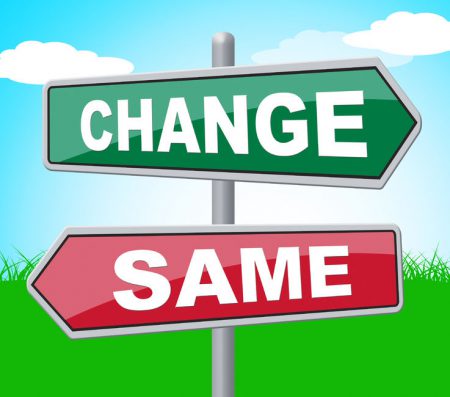
The Importance of Making the Correct Word Choices in Translation
by Chad Richardson
When was the last time you tried to translate something? It’s not generally something we need to do in our day-to-day lives because we’re usually surrounded by people who speak the same language. This is why we may not understand the problems a person can run into when they try to translate something.
“Rapid” vs. “Fast”
Sometimes, a translator might have to make a choice between two words, both of which mean close to the same thing. But there might be slight differences in meaning. So the translator would have to make a decision. For example, take the French word “rapide.” Do you translate this as “fast” which is the word more commonly used in English? Or do you translate it as “rapid” which also means the same thing?
You might be inclined to say that you should stay closer to the French and translate it as “rapid.” But if you’re talking about a car, wouldn’t it sound a little odd to describe it as a “rapid car” rather than a “fast car”? These are the types of decisions a translator has to make everyday. And they have to make them rapidly (pun intended!)
So it’s a good idea to look for a translator who is conversant with the usage of different words in both, the source and the destination language. This should be someone who would realize, intuitively, that “rapid car” just sounds off and would substitute “fast car” instead.
Meaning vs. Elegance
At the same time, it’s important for the translator to maintain the meaning of the original document as far as possible and not just substitute one word for another when it isn’t necessary. For example, you could say “sports car” instead of “fast car” and you probably would not change the meaning of the document overall. However, is this substitution really necessary?
There are times when translators substitute one word for another in order to increase the elegance of the translation. But a good translator is one who maintains the meaning of the original as far as possible, without compromising elegance as well. It’s not a good idea for a translator to merely change things around so that the language sounds more flowery or more elegant.
Contact us for translation services which maintain your original meaning.
Related Articles
Smart, Fun, and Fascinating Facts About the Use of Sign Language
Also known as ASL (or American Sign Language), this method of communicating with those who are either completely deaf or struggle with their hearing has been around for over two centuries. On the surface, watching those who silently speak, understand, and communicate with others using their hands may appear foreign to most, but it’s actually…
3 Traits for Healthier Meetings and Happier Employees
Have you ever sat in a meeting where you were suddenly jolted out of your daydream when someone asked for your opinion? Maybe you remember that meeting that seemed to drag on with no end in sight. Maybe you don’t remember the meeting at all. Did you ever leave a meeting wondering if you had…
Taking a Break to Manage Unsustainable Accelerated Growth
While growth is the ultimate reason people get into business, sometimes growing or expanding too quickly could lead to some unexpected complications. The challenge for any business owner is not to limit growth but to manage growth and capitalize on it if possible. The effects of unsustainable accelerated growth on your business could include: Having…
here
for you
We’d love to learn more about your translation and localization needs.